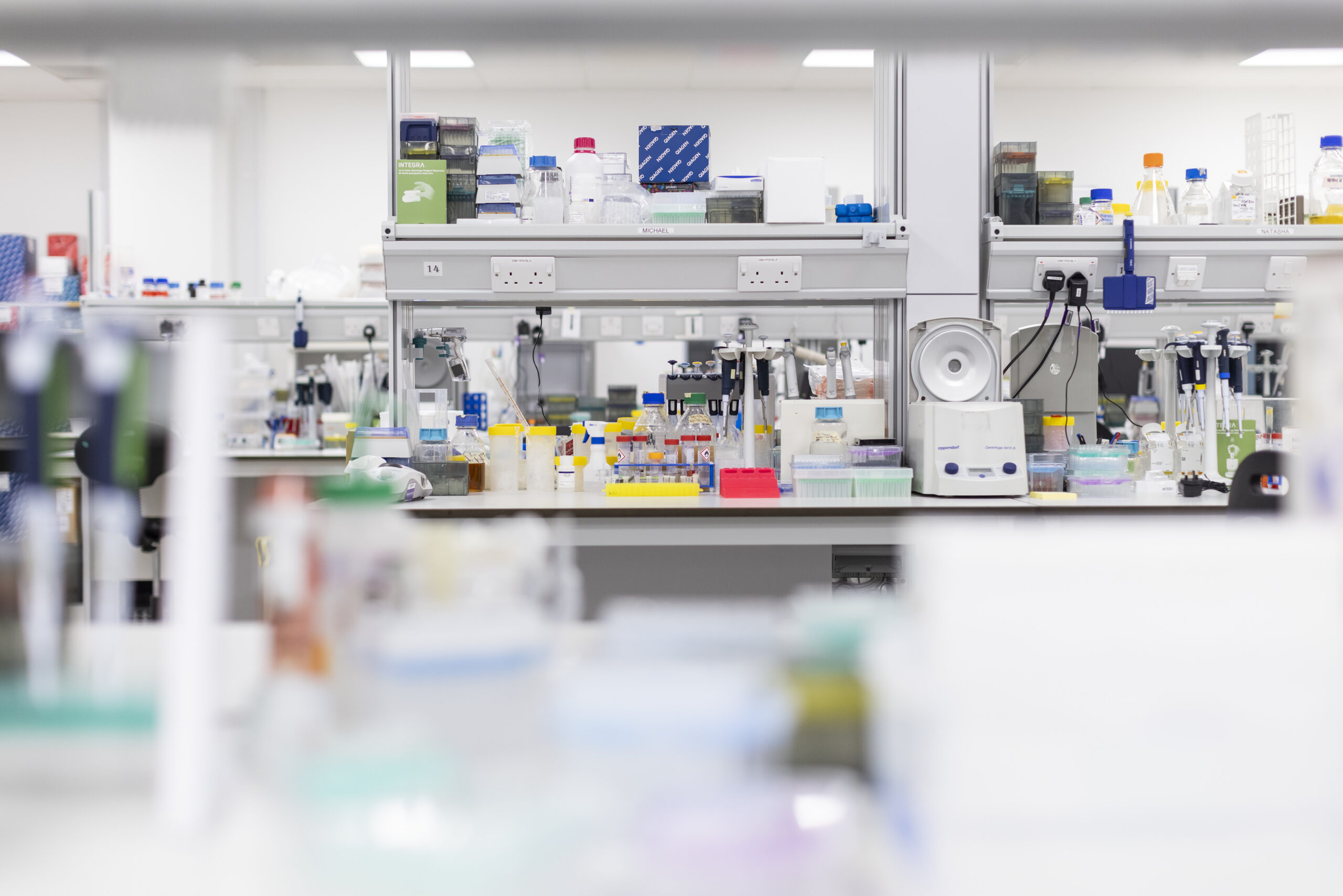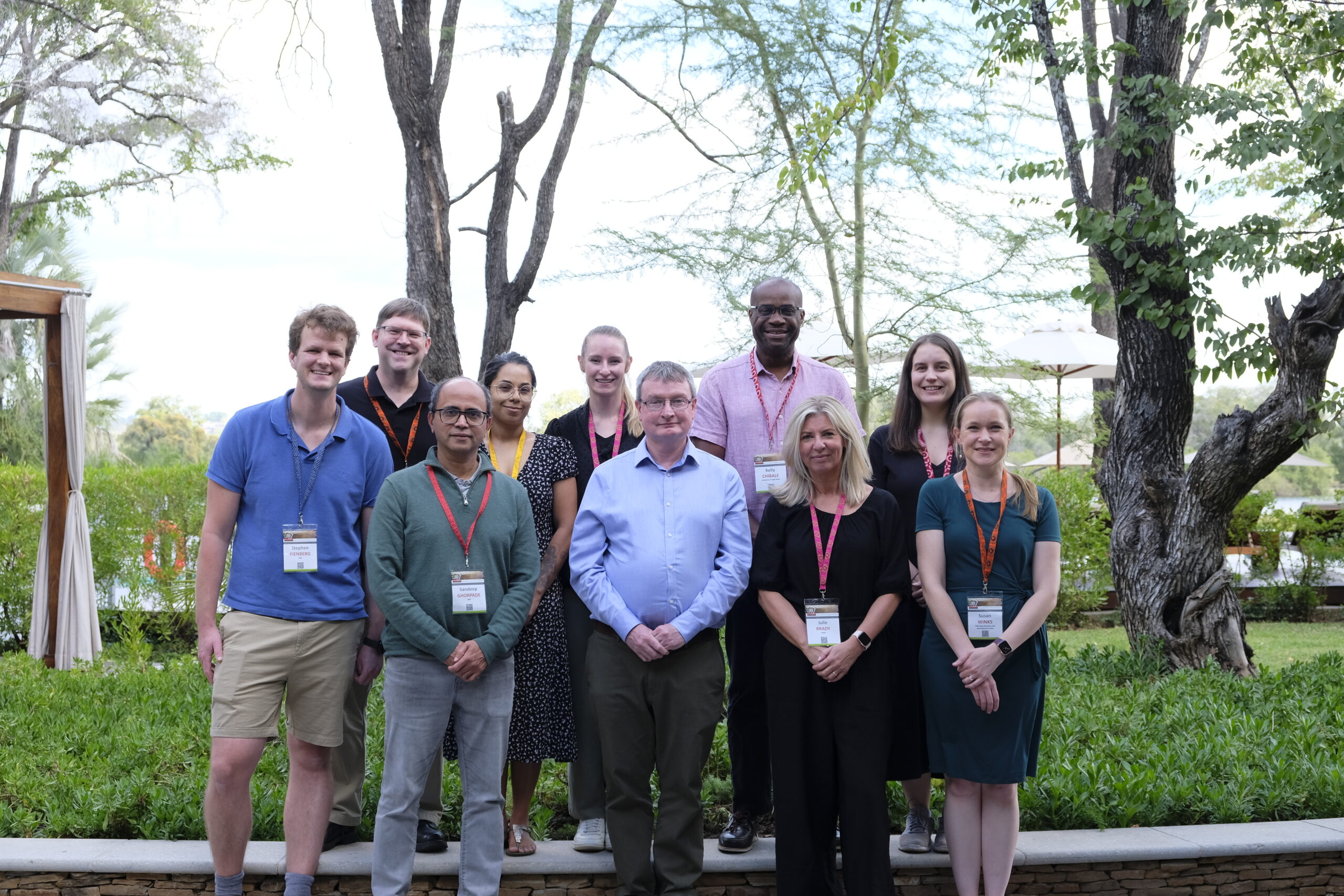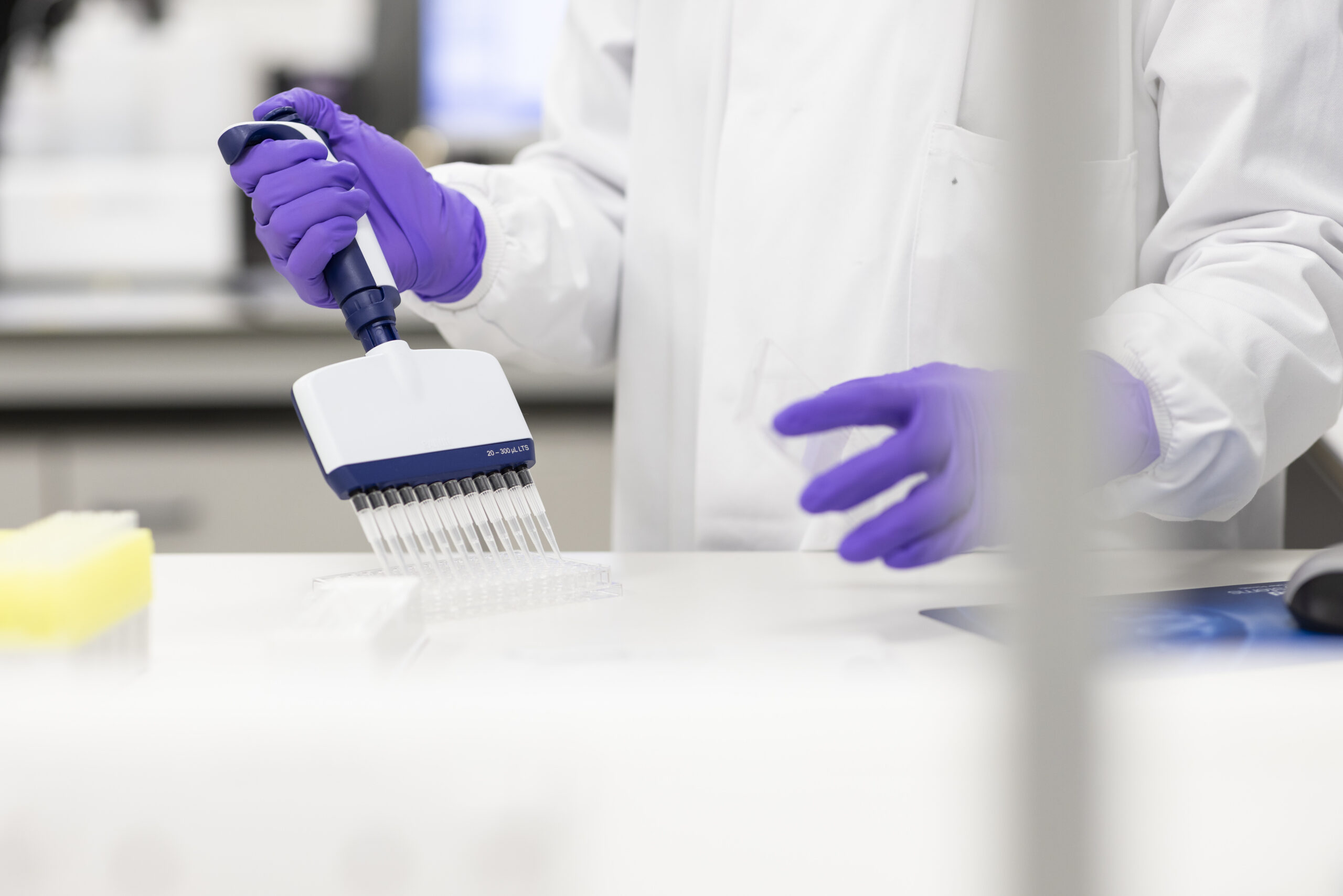Tackling drug-resistant infections with ReACT Africa
In partnership with ReAct (Action on Antibiotic Resistance) Africa, we have launched ASPIRE, a project aimed at tackling antimicrobial resistance (AMR) in Zambia and Kenya.

Overview
“ASPIRE” – the Antibiotic Stewardship Programme through Innovation, Research, and Education – is an ambitious US $1.5 million 3-year project aiming to transform the use of antibiotics.
It will integrate innovative digital solutions with targeted interventions, in an effort to make long term policy and practice improvements. The project aims to pioneer sustainable solutions that will set new benchmarks for antibiotic stewardship in low- and middle-income countries (LMICs).
AMR is an urgent global health threat
The World Health Organization (WHO) estimates that there are 4.95 million deaths worldwide each year due to AMR. Without intervention, the United Nations has warned that this could increase to 10 million by 2050.
There is a strong association between drug-resistant infections and the overuse or overprescribing of antibiotics.
The WHO has placed hospital-based antibiotic stewardship programs at the core of its Global Action Plan to combat resistant infections. Despite a high incidence of infectious diseases, the sustainability of these programs in LMICs has been challenging due to insufficient infrastructure, guidelines and training. To truly tackle resistant infections, we need a global approach – resistant infections arising in any area of the world can spread.
How will ASPIRE help?
The ASPIRE initiative is aimed at empowering healthcare professionals in 4 hospitals across Zambia and Kenya, to make informed decisions regarding antibiotic prescriptions, focusing on their use only when there is a clear benefit. This strategy seeks to enhance patient care and reduce antimicrobial resistance.
The innovative approach of ASPIRE includes research on current prescribing practices and outcomes, the use of advanced digital tools, extensive education for clinicians and patients, collaborative engagement, and strategic partnerships. The goal is to create a replicable and sustainable model of antibiotic stewardship across LMICs, marking a significant step in the global mission against antimicrobial resistance.
Want to know more?
Get in touch with the team using the form below.



